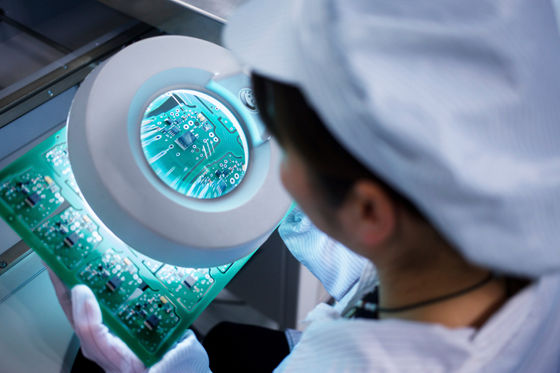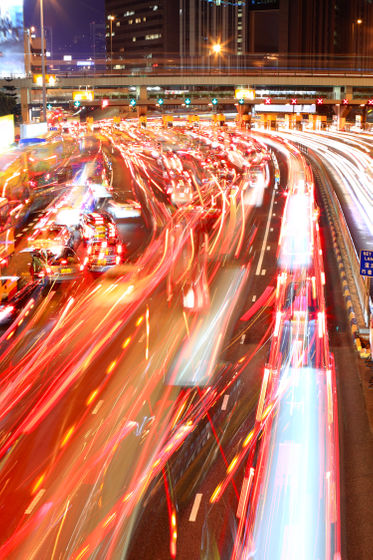CEO blames traffic congestion for delays in TSMC's second fab construction in Japan, reaffirms plans to invest $100 billion in Arizona over next five years

by
Taiwanese semiconductor company TSMC announced in 2024 that it plans to build a second factory in Kumamoto Prefecture, Japan, and begin operations by the end of 2027, but construction has been delayed. The company's CEO, Wei Zhejia, attributed the problem to traffic congestion.
TSMC Kumamoto expansion delays due to worsening traffic congestion - CEO Wei Zhejia - Bloomberg
https://www.bloomberg.co.jp/news/articles/2025-06-03/SX9NA3DWRGG000
TSMC's expansion in southwest Japan faces delays
https://www.verdict.co.uk/tsmcs-expansion-in-southwest-japan-faces-delays/
TSMC expects record 2025 profit despite US tariffs, currency volatility - Nikkei Asia
https://asia.nikkei.com/Business/Tech/Semiconductors/TSMC-expects-record-2025-profit-despite-US-tariffs-currency-volatility
At a press conference after the general shareholders' meeting on June 3, 2025, CEO Wei reported that he had discussed with President Donald Trump about strengthening the company's production base in Arizona with an additional investment of $100 billion (about 14.3 trillion yen), and emphasized that the exchange with the president was 'warm.'
But he also said he told Trump that a shortage of skilled workers and constraints on the minimum construction time would make it 'very difficult' for TSMC to complete construction in the five years originally planned.

TSMC has been actively expanding its overseas production in response to rising geopolitical tensions and growing demand for Nvidia chips, which are essential for AI development, and is building factories not only in the United States but also in Japan.
On the other hand, TSMC announced plans to significantly increase its investment in the United States immediately after President Trump's inauguration. In addition, the local transportation infrastructure has been strained by the sudden increase in workers at the first factory built in Kumamoto Prefecture. This has led to criticism that there is less need to rush semiconductor production in Japan.
Regarding the impact TSMC has had on Japan's transportation situation, Wei said, 'It has had a huge impact on local transportation. I have experienced that firsthand.'
The Japanese government has promised to respond swiftly, but TSMC plans to postpone construction until the situation improves. Wei said the delay is 'minor,' but did not specify how long the delay will last.

In addition to delays in strengthening its overseas production capacity, TSMC is also facing turmoil caused by President Trump's tariff policies, but despite these issues, TSMC is on track to post record profits in 2025.
'The impact of tariffs on TSMC will not be direct. The tariffs will be borne by importers. But tariffs will lead to higher prices and potentially lower demand. And overall AI demand is still very high. My only concern is a global economic slowdown,' Wei said at the shareholders' meeting.
According to reports, TSMC is more concerned about the impact of exchange rate fluctuations than tariffs. CEO Wei pointed out that a 1% appreciation of the Taiwan dollar against the US dollar would reduce TSMC's operating profit margin and gross profit margin by 0.4 percentage points. 'The Taiwan dollar recently appreciated 8% against the US dollar. This could lead to a decline in gross profit margin of more than 3%, which would be significant if sales are NT$3 trillion (about 14 trillion yen),' he added.
Related Posts:
in Note, Posted by log1l_ks






